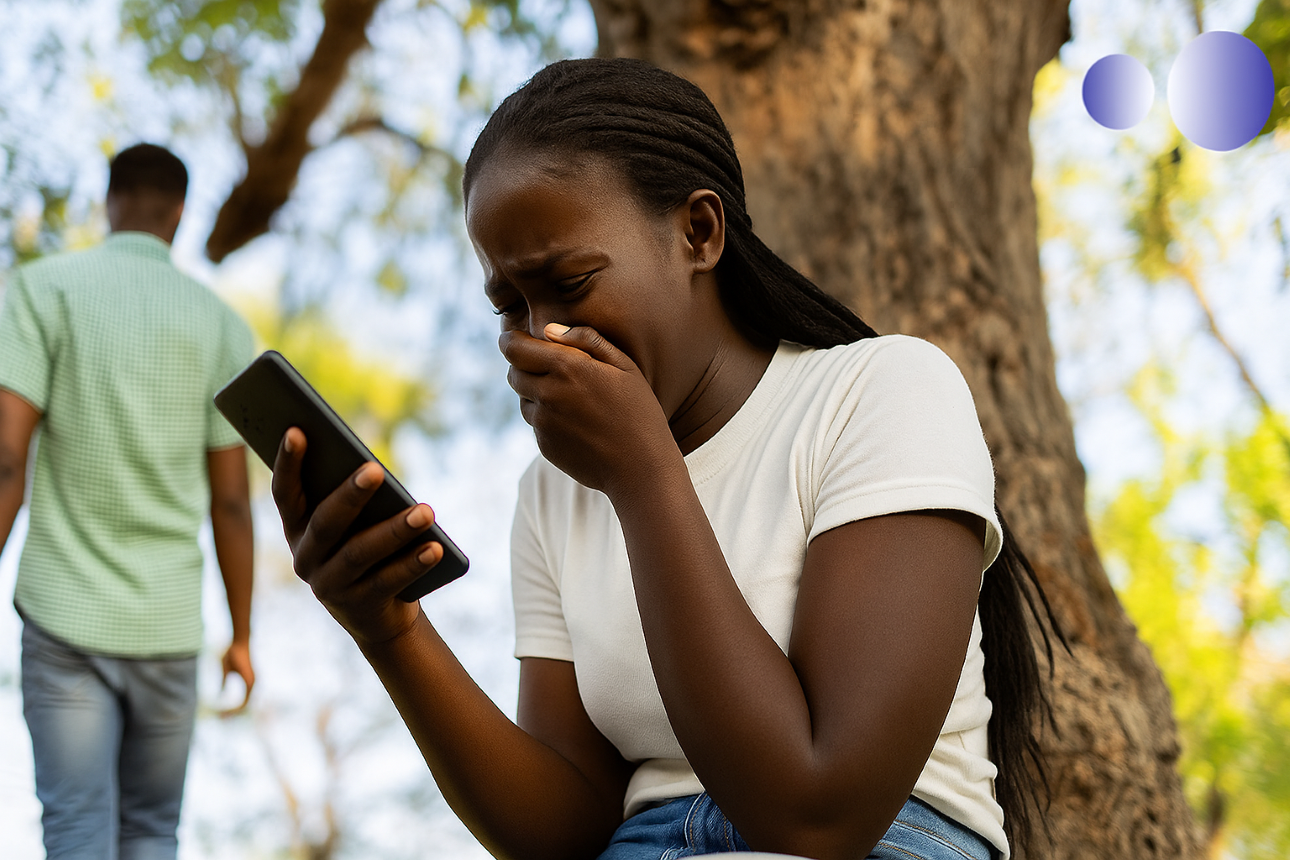SOCIETYEXTRA

EARLY SEX EDUCATION CAN HELP STOP CHILD ASSAULTS – EDUCATIONIST SUGGESTS
A prominent educationist, Mr. Simon Fowowe, has urged parents to begin sex education with their children at an early age as a proactive measure to prevent sexual abuse, particularly within school environments.
Fowowe, who serves as the National President of the Association of Nursery and Primary Education Instructors, made this call during an interview with the News Agency of Nigeria (NAN) in Lagos on Sunday.
He referenced the National Sexuality Education Curriculum introduced in 2002, which advocates for parental involvement in sex education to complement what is taught in schools.
“Parents have a critical role in initiating early sex education,” Fowowe stated. “Doing so not only helps prevent abuse but also fosters healthy interpersonal relationships. It’s important to start with age-appropriate discussions about body parts and personal boundaries, using everyday moments like bath time or bedtime.”
Fowowe further emphasized the importance of enforcing existing laws, such as the Violence Against Persons Prohibition (VAPP) Act of 2015, noting that stricter implementation would enhance the prosecution of offenders and ensure justice.
“As of 2023, only about 30 out of Nigeria’s 36 states had domesticated the VAPP Act,” he said. “Full adoption is necessary to eliminate legal gaps across the country.”
He also highlighted the need for independent reporting mechanisms in educational institutions. According to him, fear of victimisation often discourages students from reporting cases of sexual harassment, especially in tertiary institutions.
“Some universities, like the University of Lagos, have established Sexual Harassment Policy Committees to handle complaints confidentially,” Fowowe noted.
He called on the government to support sexual education and awareness campaigns, particularly those that focus on issues of consent and personal boundaries.
“Such programmes help instill a culture of respect,” he explained. “UNESCO-backed Comprehensive Sexuality Education (CSE) has been shown to reduce risky sexual behaviour by 30 to 50 percent.”
Fowowe also recommended the use of tools like hotlines, anonymous reporting platforms, and CCTV surveillance to discourage offenders and support investigations.
“Some Nigerian institutions now use services like HelpLine.ng to offer confidential support,” he said.
In addition, he encouraged parents to maintain open lines of communication with their children, allowing them to express concerns freely.
“UNICEF research shows that children who can openly discuss sensitive matters with their parents are less likely to experience abuse. They’re more informed and confident to speak up,” he said.
He concluded by urging parents to use accurate and age-appropriate language when discussing sexual matters, including correct anatomical terms, to help children grasp complex ideas clearly and safely.
"This represents a significant development in our ongoing coverage of current events."— Editorial Board









